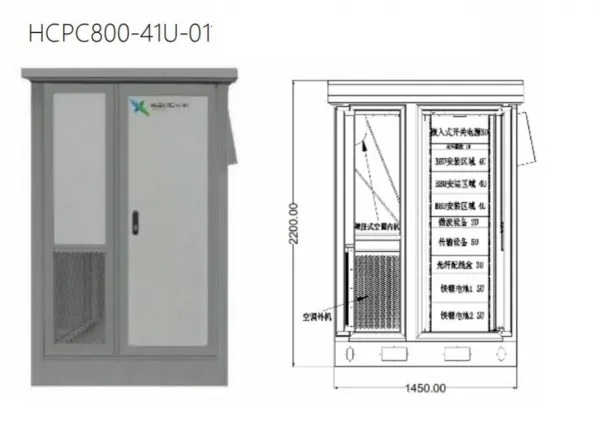base station controller
A Base Station Controller (BSC) serves as the central nervous system of cellular networks, managing and controlling multiple base transceiver stations (BTS) within a designated area. This crucial component handles the allocation of radio channels, monitors call quality, and facilitates seamless handovers between different base stations. The BSC processes and routes voice and data traffic, maintains connection quality, and optimizes network performance through intelligent resource management. It implements sophisticated algorithms for power control, timing advance, and frequency hopping to ensure optimal network operation. The controller interfaces with both the radio access network and core network elements, acting as a bridge between mobile devices and the broader telecommunications infrastructure. Modern BSCs incorporate advanced features such as dynamic capacity allocation, automated fault management, and real-time performance monitoring. They support multiple radio access technologies and protocols, enabling backward compatibility while facilitating network evolution. The BSC's robust architecture ensures high availability and reliability, with redundant systems and failover capabilities to maintain uninterrupted service. This essential network element also provides detailed performance metrics and analytics, enabling operators to optimize network resources and enhance service quality.


